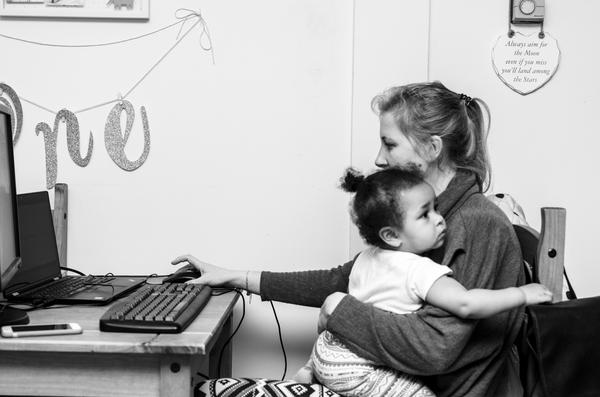Imagine if every time you requested funding, basic information was stored for reuse. What if you didn’t have to spend time looking for pots of funding because you would be automatically matched with the ones that fit? What if monitoring and evaluation used simple metrics and tied into your theory of change in a way that could double up as promotional material? Ruth Shave FRSA says all of this is possible.
Getting funding can be time consuming, frustrating and uncertain at the best of times. And while it is essential to get funding, people whose dream it is to make a difference in their community should be doing just that. Fair enough, lawyers working crazy hours to make the £20m go through in time but at least they’re paid for it. For social-entrepreneurs or community sector volunteers the kind of time required by the current grant-funding process can be pretty wasteful and the conversation can be one sided. Hang around the social start-up world for long enough and you’ll get used to sleep deprived straggler at a breakfast meeting: ‘Sorry I’m late. I was up until 2 am finishing a funding application.’
There is a much smarter way to commission organisations for social impact. Matchmaking technology will help us get there. Processes that have evolved over time that gather information to make decisions about who gets funding can be largely automated. In some cases, an algorithm could suggest how much funding an organisation should receive according to the funder’s priorities. Cutting out administrative burden for the funder could allow them to focus on relationship building and support, using their expertise to help their partners become more resilient and effective.
Then there is the question of what kind of resources organisations need. That might be office space or laptops, legal expertise, specialist equipment or mentoring. In some cases it’s possible to match surplus resources from large, corporate organisations with the local organisations in need of them. Offices upgrade equipment all the time and sometimes there’s no choice but to scrap good quality resources: this doesn’t need to happen.
In the same way data can be used to match supply and demand for resources, it can also be used to address social needs, for example. Youth crime, loneliness, unemployment and transport access are not evenly spread so we can use data to work out what to target in a particular area to effect real change. Funding criteria can be adapted at a local level according to evidence of the need. You could for example, use council commissioning priorities to weight the award of resources towards where they’re most needed.
This whole process can be self-policed using a transparent rating system, a system that informs future exchanges of resources by signalling the credibility of the organisations offering and receiving resources.
Ruth works at Firesouls, on a product called the Social Value Exchange, a platform matching government suppliers that have surplus resources, with community organisations and projects that need them.
Related articles
-
Flexible work in the era of Covid-19
Lynn Houmdi FRSA
Lynn Houmdi FRSA on how her social enterprise Making Work Work is helping change workplace culture and support women.
-
Discover why doing business ethically really can pay at Open Norwich
Robert Ashton
From 17th century Quakers to 21st century cooperatives, ethical business has been a tidal idea in human societies. Join Robert Ashton FRSA on 3 October in Norwich to learn how work is changing—for good.
-
Article: Reinventing Social Innovation Contests
Ruxandra Creosteanu FRSA
Ruxandra Creosteanu FRSA argues for a new approach to competitive grants that engages communities and stakeholders in a more meaningful way.




Be the first to write a comment
Comments
Please login to post a comment or reply
Don't have an account? Click here to register.